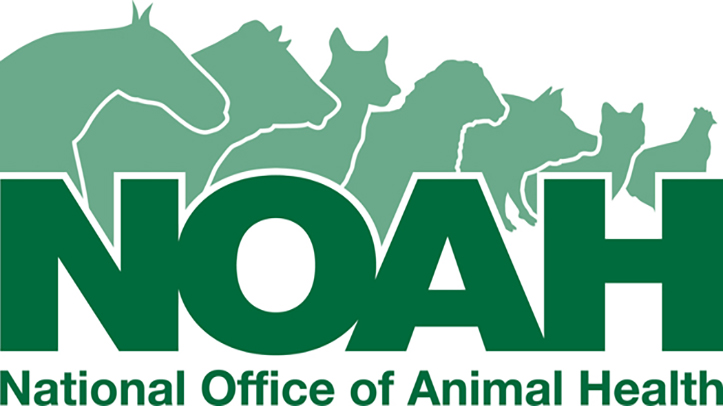NOAH’s Animal Medicines Best Practice (AMBP) farmer training for dairy, beef and sheep farmers has been updated. The programme is now presented in a more interactive, user-friendly manner, while the content itself has greater emphasis on the importance of biosecurity, and disease prevention.
Produced in partnership with Lantra, the AMBP programme offers a flexible and affordable solution for farmer training in the responsible and safe use of medicines and will continue to fulfil Red Tractor standards that make the completion of medicines training a requirement.
The AMBP online farmer training course is easy to access and allows farmers to complete training when it suits them best. The updated training programme includes more about what farmers can do to prevent disease from entering their farms, which will in turn reduce the need to treat with antibiotics. There is more information on the responsible use of anthelmintics and on appropriate use of vaccines for disease prevention.
Dawn Howard, NOAH chief executive, said: “Years of collaborative work, focused on the responsible use of antibiotics, has shown how livestock farmers working with their vets, can achieve ambitious targets and reduce the need to treat with antibiotics whilst maintaining the health and welfare of livestock.
“Our updated training will provide even greater support to farmers on disease prevention, through measures such as vaccination and biosecurity. UK farmers supply high quality, nutritious and safe food, and this programme will offer them even better support as they produce this food from healthy animals, more sustainably.”
Marcus Potter, chief executive of Lantra, added: “We are delighted to continue our partnership with NOAH in supporting UK farmers with an improved, affordable and flexible training offering.
“With a continued focus on the responsible use of antibiotics in livestock production, we are proud to see positive progress on protecting the efficacy of these important medicines.
“Featuring a greater emphasis on preventative practices through high welfare standards, this updated training will help equip farmers with improved knowledge on key topics including vaccines and biosecurity.”


